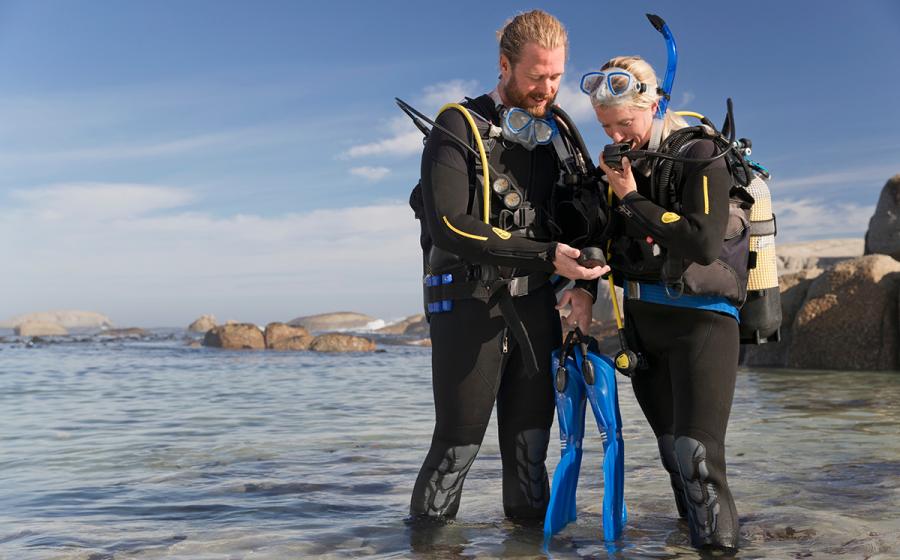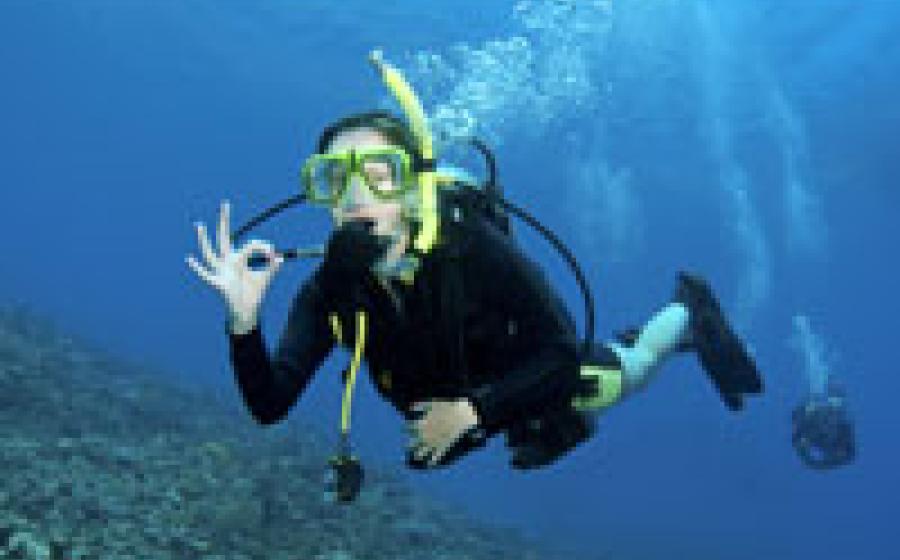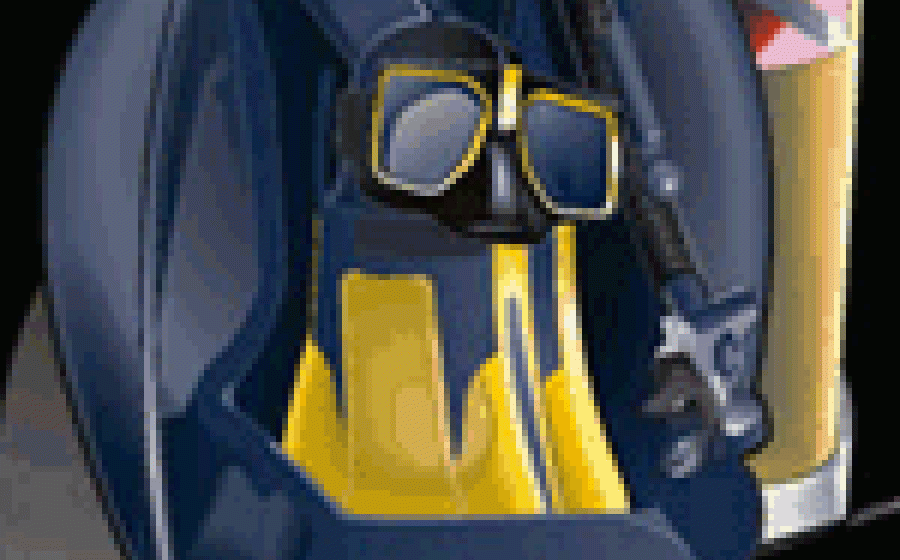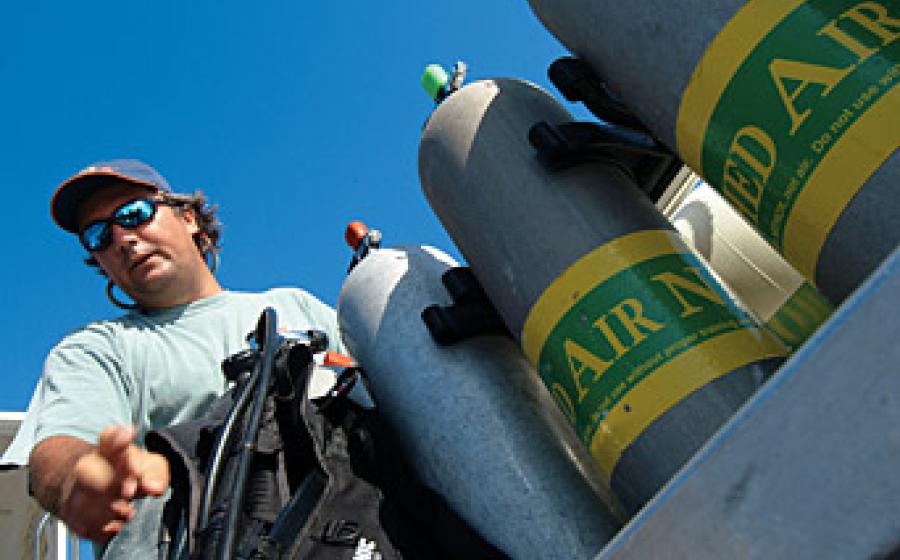Do you have trouble equalizing your ears underwater? These 6 expert tips will help you clear your ears faster than you can say Valsalva maneuver.
Learn to Dive Articles
Basic scuba diving rules and regulations to stay safe underwater, from your safety stop to diving ascent rate.
Panic may be the No. 1 cause of scuba fatalities, and experienced divers are not immune. Here's how to keep your cool when things turn rough under water.
You're a good diver. You could be better. We've got 101 tips that will you safer underwater.
Nitrox may benefit some divers on some dives, but is it for you? Get the facts before you make the switch.
How to double your safety and practice important skills. Bonus: you waste no time, no air.
Divers Alert Network is a 501(c)(3) non-profit medical and research organization dedicated to the safety & health of recreational scuba divers. To become a member call 800-446-2671 or visit diversalertnetwork.org. Mention Priority Code 999RS5.
Experience is a wonderful teacher. Too bad I'm a slow learner. At least you can profit from my mistakes and have a laugh, too.
The answer to diving's age-old question can change every minute. Here's why you can't trust the brochures, the dive guide or your own eyes.







